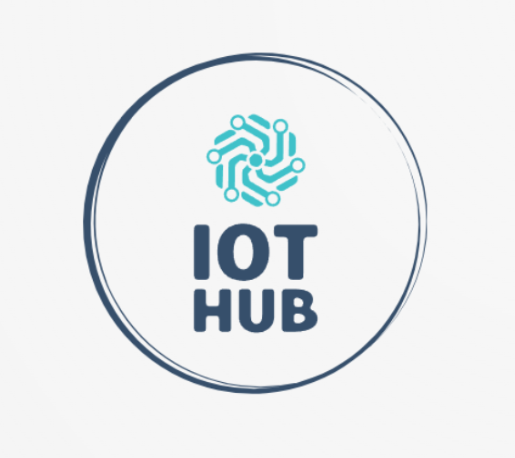Author: Chester J Rahman
The internet of things is emerging as an impactful sector pushing technological advancements. The integration of smart devices into our everyday lives is revolutionizing the way we consume and manage energy.
Smart thermostats for example, are becoming a cornerstone of energy-efficient homes as these devices learn user preferences and adjust temperatures based on factors such as occupancy and time of day.
Smart thermostats offer homeowners a smart IoT solution to manage their heating and air conditioning, transforming the traditional thermostat into a powerful energy saving device.
The key innovation lies in the ability of smart thermostats to learn and adapt to the preferences and patterns of the homeowners. Over time the IoT devices develop a personalized heating and cooling schedule aligning with the occupant’s lifestyle while minimizing energy consumption as much as
possible.
Most smart thermostats will recognize a household is vacant during working hours and in response will adjust the temperature to save energy when necessary. As the occupants leave work, the thermostat will readjust the temperature to the desired level before they return home for the night. Plus, smart thermostats have mobile apps allowing users to monitor and control the temperature completely remotely.
The technology used to determine when you are home and when you are coming home is called geofencing. Geofencing is a technology that creates a “fence” around your home. When you are gone the thermostat will automatically adjust the temperature in relation to your phone GPS location, so you are not wasting money on heating or cooling that you are not using! For example, Sensi Smart thermostats will drop or raise the temperature 3 degrees depending on if you have the heat or AC on
when you travel 3 miles away from your home. Then once you travel back to within 3 miles of your home the Sensi Smart thermostat will set the temperature back to where you had it set it.
These devices also have real time data gathering to factor in external things such as the weather. Studies have shown that homes equipped with smart thermostats witness noticeable reductions in energy consumption and utility bills. The seamless integration of machine learning, real time data analysis and remote-control capabilities make smart thermostats an essential tool for sustainable living.
